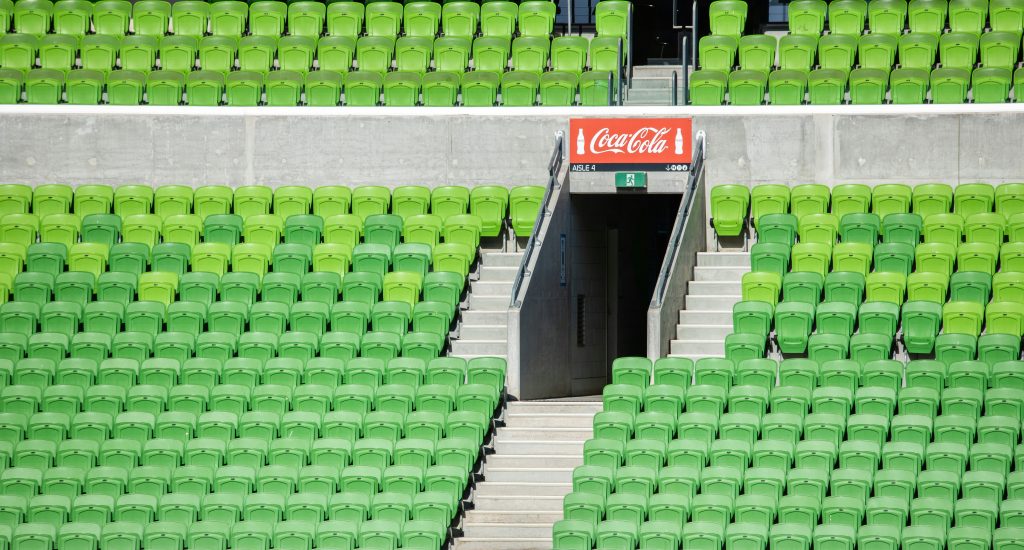Coca-Cola is a monopoly. It’s a company that makes just about every beverage or snack you’ve heard of and sticks its name on everything from American Idol to schools and colleges around the world. The thing with being a monopoly is that marketing isn’t as vital as other brands, however it is necessary. Coca-Cola’s plan for 2023 was to stay in peoples’ minds, but not necessarily to get there by reinventing the wheel. Nowhere is this more obvious than in their sports partnerships, where their logo and themes grace screens and items around the world. Take a look at what we think Coca-Cola’s strategy is and what they’re getting out of it.
Continuing to sponsor football
Coca-Cola is known for supporting football on a global, national, and local scale, most notably it has been supporting every Women’s FIFA World Cup since 1991. On top of its status as TOP sponsor for the Olympics, Coca-Cola was the first sponsor since the 1978 Argentina FIFA World Cup and a TOP sponsor since. This partnership was renewed in 2018 and will continue until 2030. On the local level, Coca-Cola sponsors amateur leagues across over 170 countries and partners with over 500 local clubs. And with the rise of women’s football it might not surprise you to know that Coca-Cola was the first sponsor of the National Women’s Soccer League in the US.
Coca-Cola has an extensive history of sponsoring football across all levels – from grassroots to World Cup, men’s and women’s games, and development programs worldwide, all with their logo attached and their name on everyone’s lips. Additionally, Coca-Cola offers exposure. They feature teams, players, mascots, highlights and more in their commercials, print ads, digital campaigns, and packaging. Coca-Cola creates contests, sweepstakes, and experiential marketing activities to engage fans.
Continuing to sponsor the Olympics
The partnership between Coca-Cola and the Olympics goes all the way back to the 1928 Amsterdam Olympics as one of the first companies to sponsor the Games, and it’s a partnership that has continued on to this day – perhaps with a brief break here and there to make room for a World War. Partnership highlights include providing 1,000 cases of Coca-Cola to athletes at the 1932 LA Olympics, adding coolers during the Helsinki games for athletes, and creating the Coca-Cola Olympic City in Barcelona, 1992, featuring concerts, exhibits and of course, tastings. They were the first TOP (The Olympics Partner) in 1986 and made that title exclusive in 1996 and is said to continue until 2032.
So, it’s safe to say that they are going to be a main feature at the 2024 Paris Olympics, and they spent a lot of 2023 laying the groundwork for that. Does that include offering bed bug exterminations? If so, it hasn’t been announced yet. As yet, the plan seems to be growing the legacy they have with tried-and-true marketing concepts. Concepts like:
- Global approach
The Olympics is a global event, which is pioneered as a way to unite a split world, which Coca-Cola tends to lean into on the run-up to The Games. Their advertisements promote the universal appeal of sports and the unifying appeal of team sports rather than competitiveness or nationalism.
- Localised approach
However, the differences between countries are celebrated with localised marketing campaigns for most. Local celebrities are featured in recognisable backdrops, and offer to “Share a Coke”, which is a campaign that has been going on since 2018. It’s a good way to emphasise that Coke products are for everyone and the universal appeal of the product, as well as better penetrating smaller markets.
- Brand awareness
Additionally, Coca-Cola seems to be going back to basics with its branding. Coke has never had to try too hard with its branding. The same 90’s Santa truck advert is still playing in 2023.
With one more Olympics session to go before they confirm 100 years of sponsoring the Olympics, the message appears to be that Coca-Cola is a classic that never needs improving. The distinct red with a white stripe has been paired with phrases like “They don’t make ‘em like they used to. We do”.
- Hospitality
Coca-Cola makes a point of making the Olympic Village the place to be during The Games. There is the ongoing offering of beverages, which include water and Powerade, coolers to the village, but also lounges and recreation centres and staff. Additionally, they sponsored the Olympic Pin Trading Centre where athletes can connect and trade pins.
What do they get out of it?
Coca-Cola markets not because you haven’t heard of them, but so they can continue to impress beyond the capabilities of their products. But by sponsoring global sports events, they not only get the world’s eyes on them, but they can make the case that they care and that buying a can of Coke in the corner shop is going towards the Olympics, the World Cups and little Tommy’s next game in the park.




